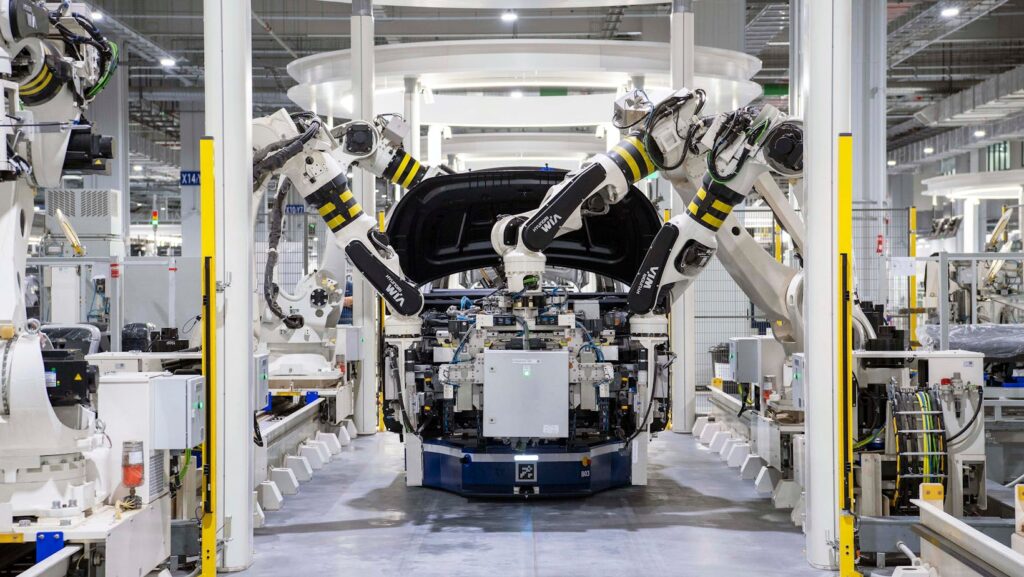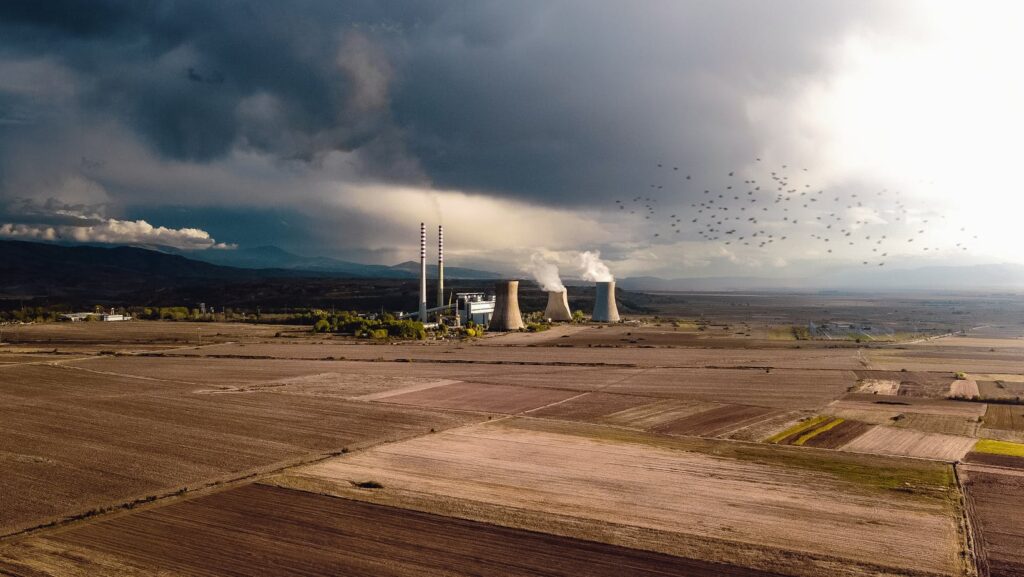In the dynamic realm of the 21st century, the world is constantly evolving with critical and emerging technologies. These technologies, from artificial intelligence to blockchain, are not only reshaping industries but also redefining how we live, work, and interact.
Critical and Emerging Technologies

Critical and emerging technologies represent innovations with transformative potential. Characteristically, they exhibit a high degree of disruptive advantage, typically resulting in significant realignment of existing systems and processes in society and business. It’s essential to view these technologies as not merely trends but essential tools that drive advancement. Their importance lies not solely in their immediate use but in their long-term impact on economic, political, and social structures.
These technologies profoundly alter the direction of growth and progress, often shifting paradigms and causing seismic shifts in the status quo. Accenture reports, critical technologies already contributed to a sharp increase in productivity, with a 40% growth in GDP potential by 2035. Similarly, McKinsey Global Institute revealed how digitalization resulted in a 6% increase in employment worldwide, indicating that these technologies, though disruptive, promote economic expansions.
Impact on Various Industries
Healthcare Innovations
Critical technologies play a pivotal role in catalyzing innovation in the healthcare sector. Artificial Intelligence, for instance, has been a major driver of change. AI lends a hand in predicting disease outbreaks, personalizing medical treatments, and optimizing patient care delivery. Google’s DeepMind serves as a premier example, developing AI tools that assist in diagnosing illnesses even before they become symptomatic.
Aside from AI, blockchain emerges as a powerful tool for healthcare as well. Cited by IBM as a smart solution for data storage, blockchain provides a secure way to store sensitive patient data, ensuring privacy and integrity.
Advances in Manufacturing

Manufacturing has not been left behind in the technological revolution. The marriage of IoT and manufacturing, often referred to as Industrial IoT (IIoT), has paved the way towards Industry 4.0. According to a report by the World Economic Forum, IIoT enhances productivity, reduces operating costs, and builds a customer-centric business model.
Artificial Intelligence, too, has made an evident impact. An example is Siemens’ use of AI in predicting machinery malfunctions.
Transformations in Transportation
In the transportation industry, we see accelerating transformations at the hands of emerging technologies. Autonomous vehicles, powered by Artificial Intelligence, are no longer confined to science fiction. Tesla’s self-driving cars present a concrete example.
Blockchain, too, makes strides in reshaping the transportation landscape. The technology contributes to secure transactions, saves time, and reduces paperwork. An illustrative example is the blockchain-powered platform developed by IBM and Maersk, streamlining global shipping processes and boosting transparency.
Challenges and Considerations
Regulatory Hurdles
Governments and organizations face significant challenges in coming up with comprehensive regulatory frameworks for these cutting-edge technologies. For instance, the rapid evolution of AI and Blockchain outpaces the development of relevant policy guidelines, causing a regulatory lag.
In the case of AI, the challenge lies in ensuring responsible use and handling of sensitive data. Further complicating matters, the global nature of the internet complicates jurisdictions, making it hard to enforce local laws.
Ethical Implications

Understanding the ethical implications of these transformative technologies also demands attention. For AI, ethical problems arise when machines make decisions that affect human lives. Despite AI having potential in healthcare for predicting outbreaks and personalizing treatments, the ethical quandaries around data privacy and autonomy cannot be overlooked.
With blockchain, whilst it brings security to data storage, it also introduces ethical dilemmas such as the right to be forgotten and data permanence. The immutable nature of blockchain can bear consequences if applied without a proper ethical framework, especially regarding sensitive information.
Reshaping Our World
Critical and emerging technologies are not just transforming industries, they’re reshaping the world. AI, Blockchain, and IoT have proven their worth in healthcare, manufacturing, and transportation, despite the challenges they face. Regulatory hurdles and ethical implications are significant, yet they’re not insurmountable. As these technologies evolve, so too must the frameworks that govern their use.

